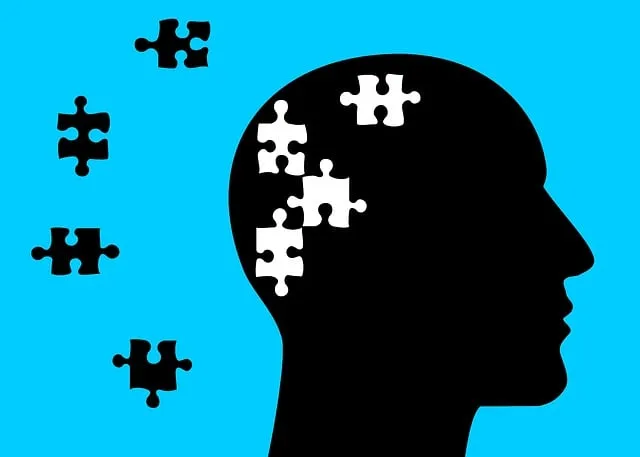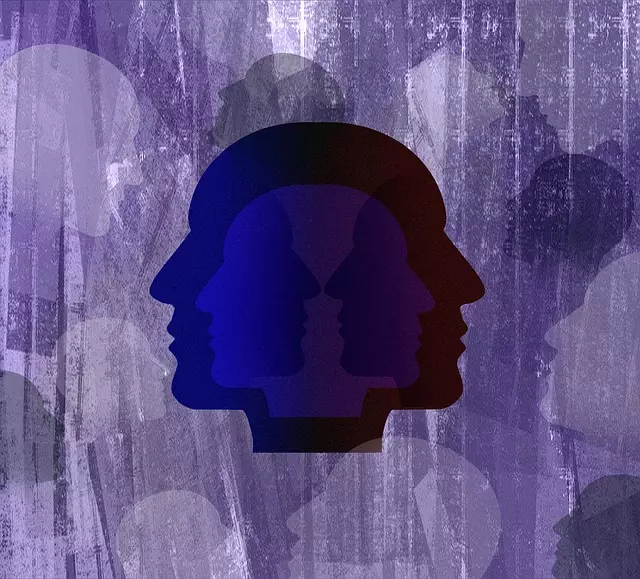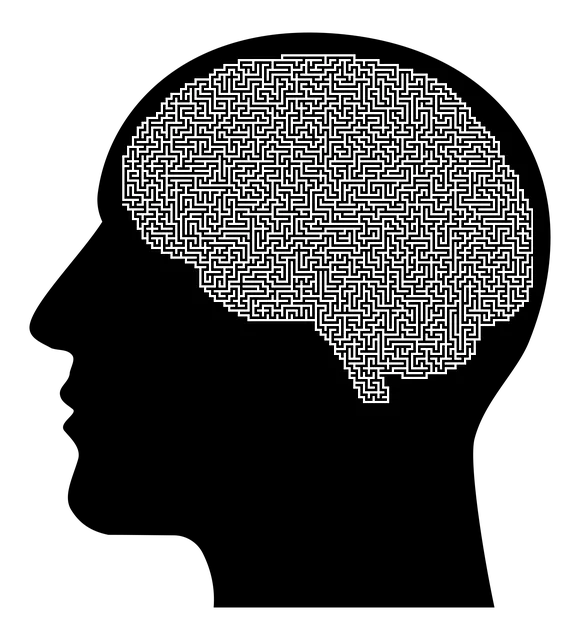Lafayette enhances Kaiser's mental health coverage by teaching emotion regulation techniques, emphasizing mindfulness and self-care to improve emotional healing and resilience in students. Through holistic approaches combining clinical treatments, community outreach, and educational curricula integrated with emotional intelligence, Lafayette supports overall well-being and addresses growing mental wellness needs during adolescence.
Emotion regulation techniques are essential tools for navigating life’s challenges. This comprehensive guide explores effective strategies, focusing on the unique contributions of Lafayette and Kaiser in mental health education. Understanding these techniques empowers individuals to manage emotions healthily. We delve into proven methods that foster emotional intelligence, offering insights into how Lafayette enhances self-awareness while Kaiser provides structured frameworks for coping with stress. Together, they equip folks to thrive in today’s demanding world.
- Understanding Emotion Regulation Techniques
- Kaiser's Approach to Mental Health Education
- Lafayette's Role in Teaching Emotional Intelligence
Understanding Emotion Regulation Techniques

Understanding Emotion Regulation Techniques is a key component in any comprehensive mental health education program, and Lafayette does Kaiser cover this critical aspect. The ability to manage emotions effectively is not just about suppression or denial; it involves recognizing, understanding, and responding to feelings in healthy ways. This process is essential for emotional healing and overall well-being, as it helps individuals navigate life’s challenges with resilience.
Mental Health Education Programs Design should incorporate Mind Over Matter Principles to teach students how to observe their emotions without immediately reacting. By fostering awareness, these techniques empower people to make conscious choices rather than being ruled by impulsive reactions. Through exercises in emotional healing processes, participants learn to regulate their responses, leading to improved mental clarity and reduced stress levels.
Kaiser's Approach to Mental Health Education
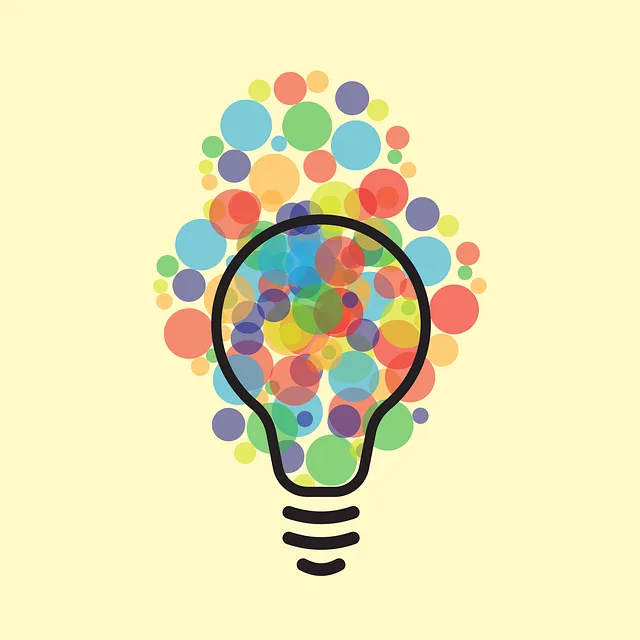
Lafayette does Kaiser cover mental health? Indeed, Kaiser’s Approach to Mental Health Education offers a comprehensive solution through its integrated healthcare model. Kaiser recognizes that emotional well-being is intrinsically linked to physical health, making mental health education a cornerstone of their services. This approach not only focuses on treating symptoms but also empowers individuals with skills to navigate life’s challenges.
One notable aspect of Kaiser’s strategy involves the Community Outreach Program Implementation, which brings mental health support directly to diverse communities. Additionally, incorporating Mindfulness Meditation as part of their curriculum helps patients cultivate present-moment awareness and emotional resilience. By combining clinical services with holistic practices like mindfulness, Kaiser aims to provide trauma support services that are accessible, effective, and tailored to individual needs.
Lafayette's Role in Teaching Emotional Intelligence
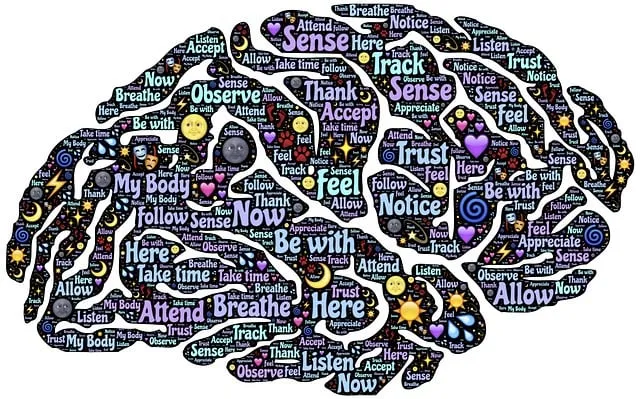
Lafayette’s role in teaching emotional intelligence is a significant aspect often overlooked in discussions around Kaiser’s mental health initiatives. By integrating Lafayette’s techniques, such as mindfulness and self-care practices, into educational curricula, schools can empower students to develop emotional regulation skills early on. This proactive approach not only addresses the increasing need for mental wellness support but also fosters an environment that prioritizes self-care routine development for better mental health.
Moreover, Lafayette’s teachings can contribute to improving self-esteem, a crucial component of overall well-being. By learning to identify and manage their emotions effectively, students can build resilience, enhance self-awareness, and cultivate a positive sense of self, all of which are essential elements in navigating the challenges of adolescence and beyond. Thus, Kaiser’s focus on mental health gains substantial momentum when Lafayette’s methodologies are incorporated into teaching practices, ensuring that students receive holistic support for their emotional well-being.
In conclusion, both Kaiser and Lafayette offer unique approaches to teaching emotion regulation techniques, with Kaiser focusing on comprehensive mental health education and Lafayette specializing in emotional intelligence. While Kaiser’s methods provide a broad foundation for understanding mental wellness, Lafayette takes this knowledge further by emphasizing the practical application of emotional intelligence in daily life. Together, their approaches complement each other, offering a holistic path toward effective emotion regulation and improved overall well-being. Understanding these techniques can empower individuals to navigate their emotions more skillfully, leading to enhanced resilience and quality of life.
